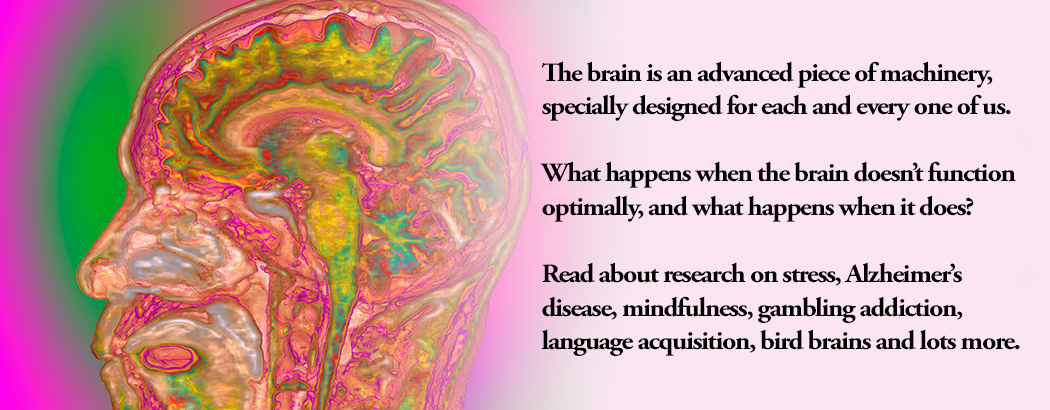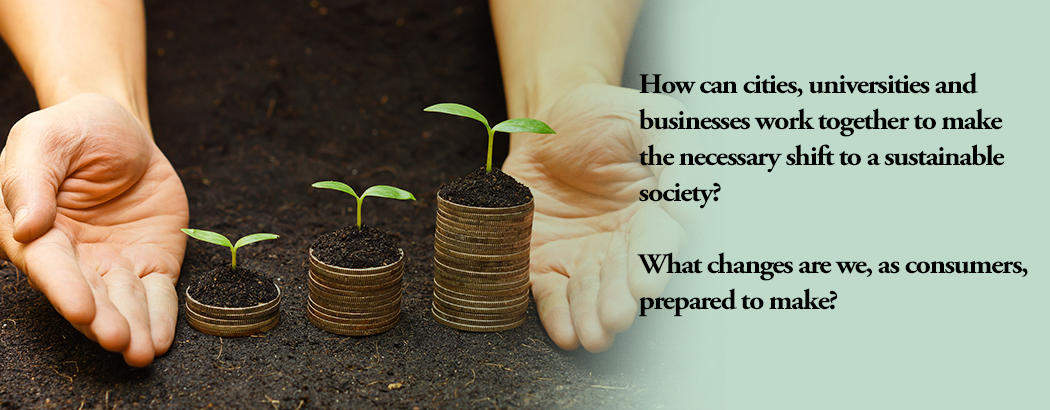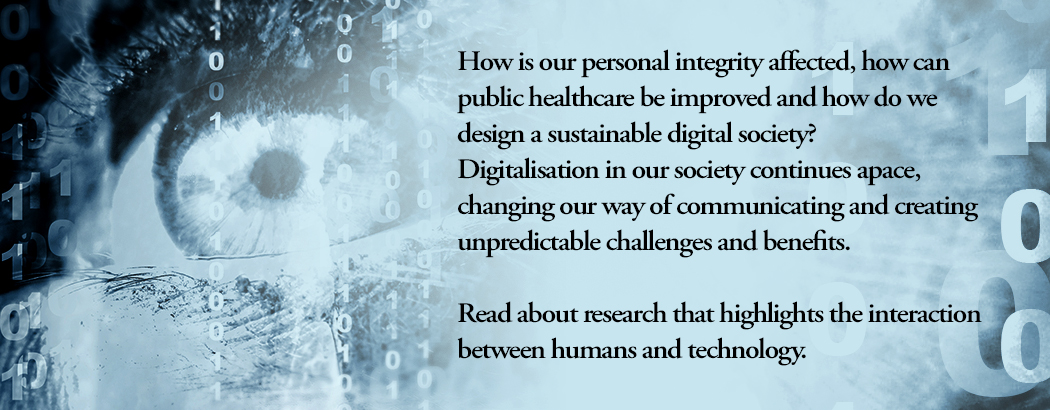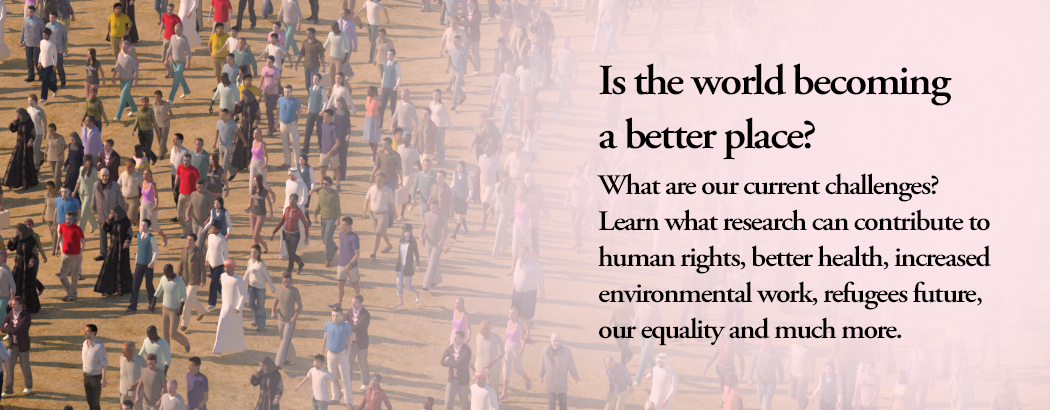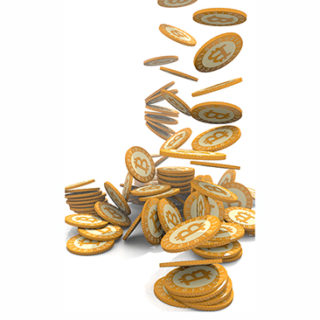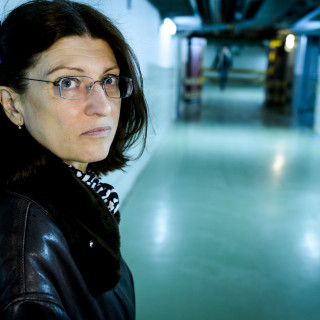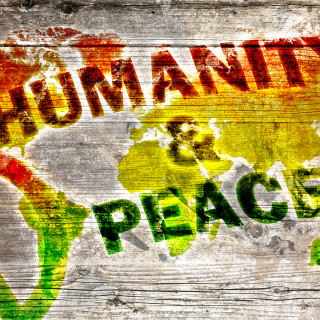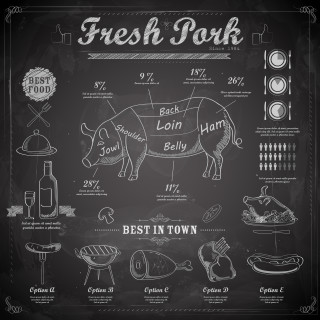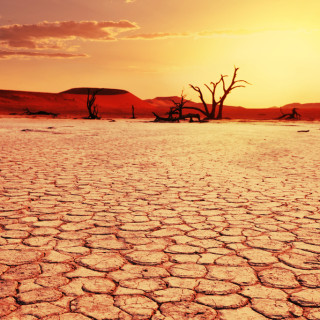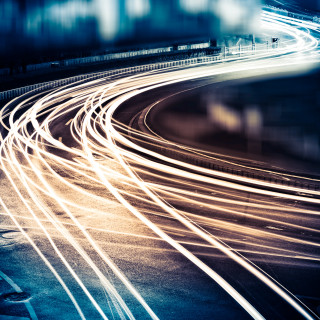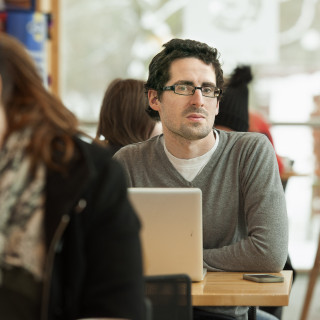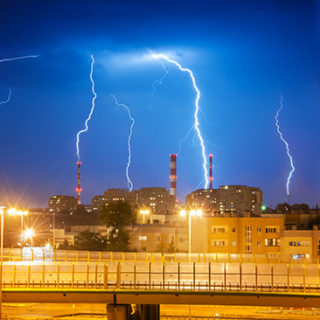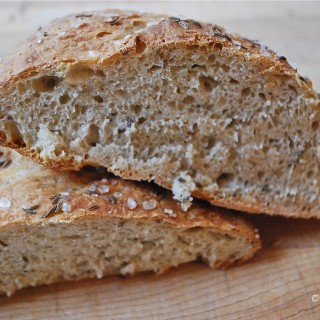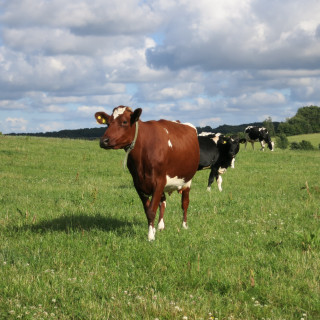Category: Society & economics
Bitcoin is usually described as the first functioning virtual currency. However, does it have what it takes to become a future world currency and universal payment system – or is it just an unusually clever digital speculation bubble that could burst at any moment? Since its launch in 2009, bitcoin...
Aisha is in her 30s and only has one kidney. Her other one is fulfilling its function in the body of a business leader in Spain. Aisha got married to get away from the hard life with her adoptive parents in Lebanon, but her longing for freedom was exchanged for...
It is possible to fix the world and live in greater freedom and harmony if we seek answers in the world’s religions. The knowledge and tools to achieve a balance have always existed if we look and want to learn, because the universal message in the major world religions is...
People in Sweden eat 25 per cent more meat than the amounts recommended by the National Food Agency. This is shown in a new study from Lund University that has also investigated the impact on both health and climate change of a corresponding reduction in meat consumption. The results show...
Opinion by Göran Djurfeldt, senior Professor at Department of Sociology 2014 Swedish pension funds should invest in Africa! This was the call of Swedish Minister for Finance Anders Borg in summer 2014. The world’s image of Africa is indeed shifting. Not long ago, the general view was one of pessimism. Africa,...
The cars of the future are not only low-energy and fossil-free, they are also online and continually updated. “ The Connected Car ” concept opens up opportunities for new methods of application and new business models. This could mean that we will see similar developments in the vehicle industry to...
Opinion by Marcin de Kaminski, doctoral student in sociology of law and internet researcher at Lund University 2013 Knowledge is capital. Or is it? One of the major questions of our time and for the future is, or should be, who owns the knowledge with which we surround ourselves. While...
Local authorities are increasingly realising that they cannot deal with the growing problem of weather-related disasters, and that time is running out. “Protecting cities from climate change and weather events needs to become routine”, says Christine Wamsler, who conducts research on how cities can stand up to variations in climate,...
Opinion by Ulf Kristoffersson, Consultant at the Genetics Clinic, Laboratory Medicine, Region Skåne and Reader in Clinical Genetics 2014 “I have no responsibility for my own health – it’s my genes that determine whether or not I become ill.” With greater knowledge of the role of our genes in health...


